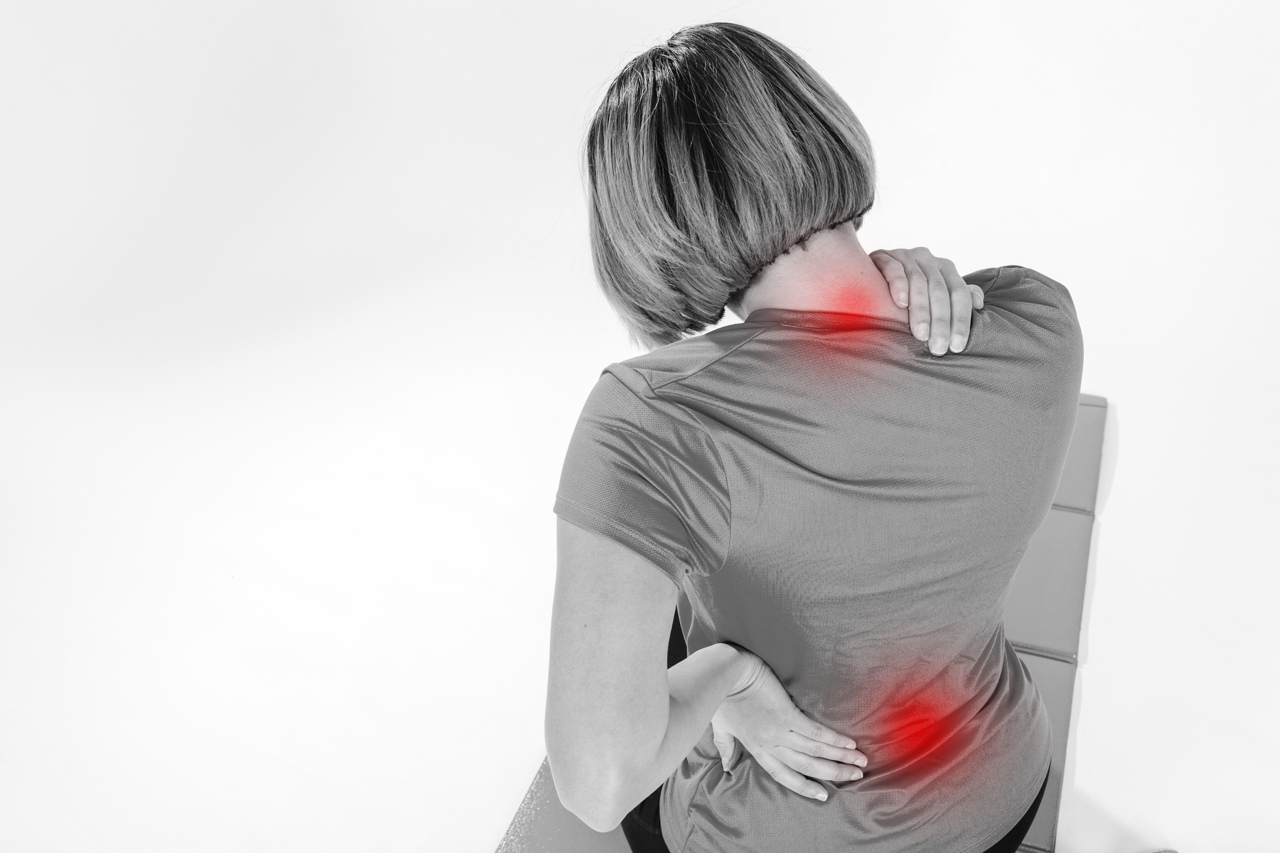JPSP: low pain threshold increases the chance of switching to the opponent’s side in an argument
People with low pain thresholds are more likely to side with their opponents based on ideological and beliefs. This conclusion was made by Canadian scientists from the University of Toronto. The study was published in the journal Journal of Personality and Social Psychology.
Psychologists conducted a series of tests involving 7360 people from the United States, representing different social groups and political views. Volunteers went through a series of surveys that showed their attitude to moral dilemmas, electoral preferences and certain politicians. Participants also rated their sensitivity to pain.
The study showed that people who are sensitive to pain are more likely to share the views of those whom they consider their ideological opponents. For example, liberals with a low pain threshold are more likely to support conservative positions, while pain-intolerant conservatives are more likely to vote for Democratic politicians and liberal values.
Similarly, the perception of pain affected people’s attitudes towards moral principles. Thus, among pain-sensitive liberals, high support for such values as loyalty, respect for authority and spiritual principles was recorded. In the conservative camp, a low pain threshold increased the number of supporters of justice and caring for people.
The scientists also noted that adopting different views because of pain sensitivity did not mean that people changed their self-identification and moved to the opposite ideological camp.

